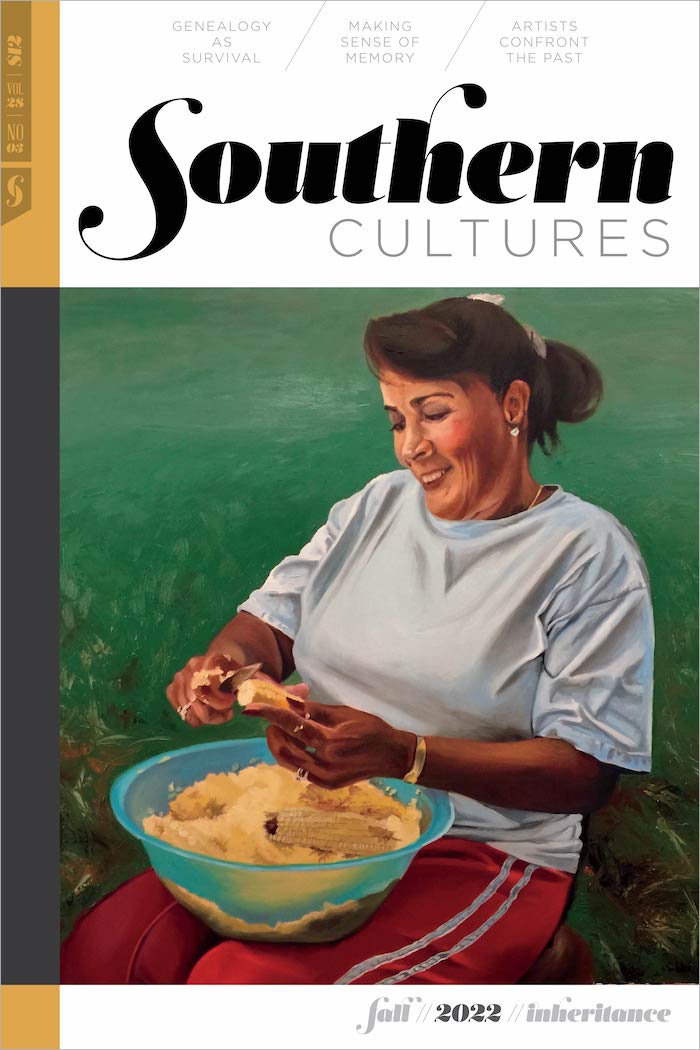“My civil engineer grandfather and father dealt with the ill-fated consequences of government programs to control and contain the Mississippi River in their lifetimes.”
This issue takes me to the cultural inheritance from my own family and visceral memories of the extensive cropland, impenetrable forests, mysterious swamps, bayous, and waterways of northeastern Arkansas, where I grew up not far from the Mississippi River. Given the embodied knowledge of my regional inheritance, Toni Morrison’s words about that same river, unnaturally straightened to create more land for agriculture and houses, resonate deeply. When those thousands of reclaimed acres flood annually, essayist Esther Ohito quotes Morrison in her piece, “It is not flooding; it is remembering. Remembering where it used to be.” My civil engineer grandfather and father dealt with the ill-fated consequences of government programs to control and contain the Mississippi River in their lifetimes. The deep knowledge that Indigenous peoples throughout the Lower Mississippi River Valley held about the water and how to accommodate its power was little recognized by government and academia, whose extractive processes of science and research ignored Native ownership and intellect. In this issue, Ryan E. Emanuel and Karen Dial Bird discuss this “legacy of harm” and how Native stories—oral traditions and narratives—”embody scholarly rigor, political resistance, and moral authority.”


